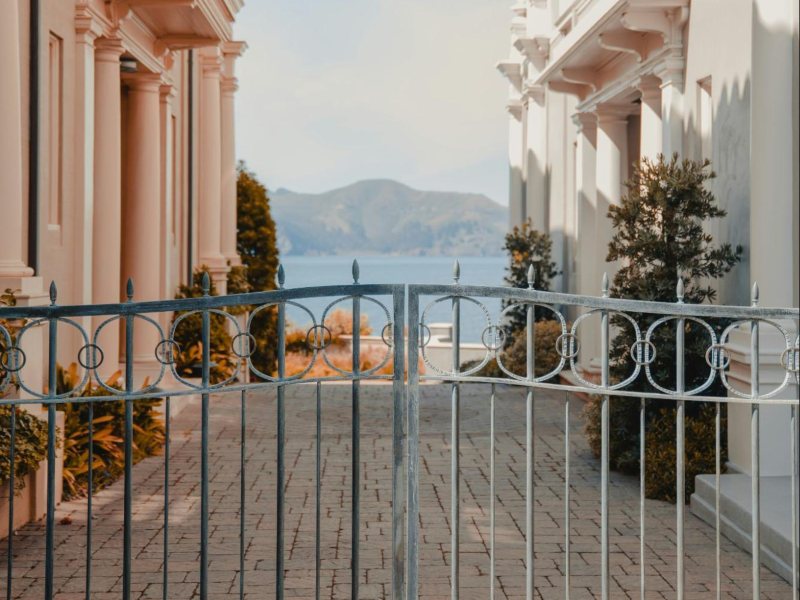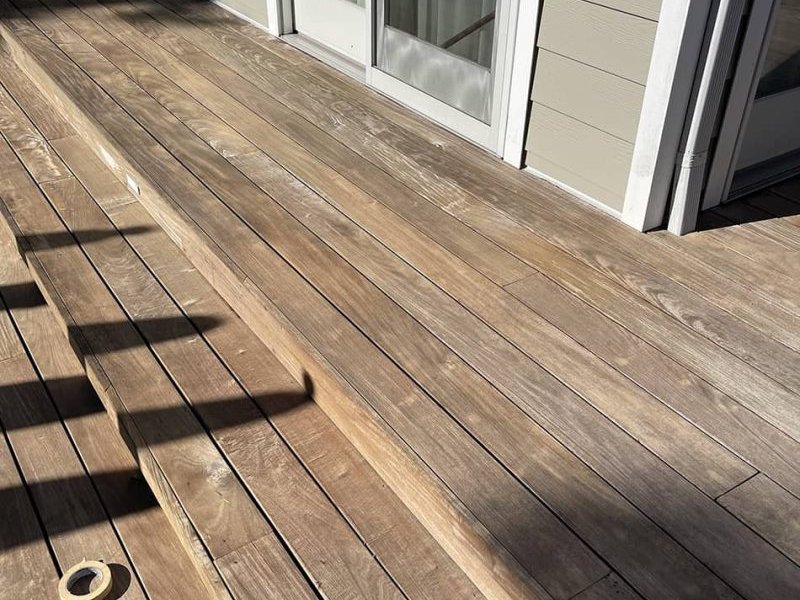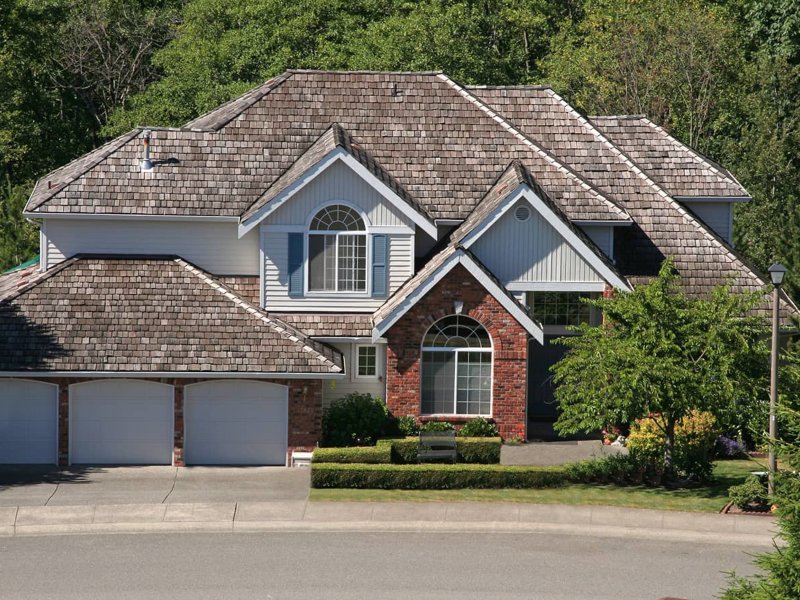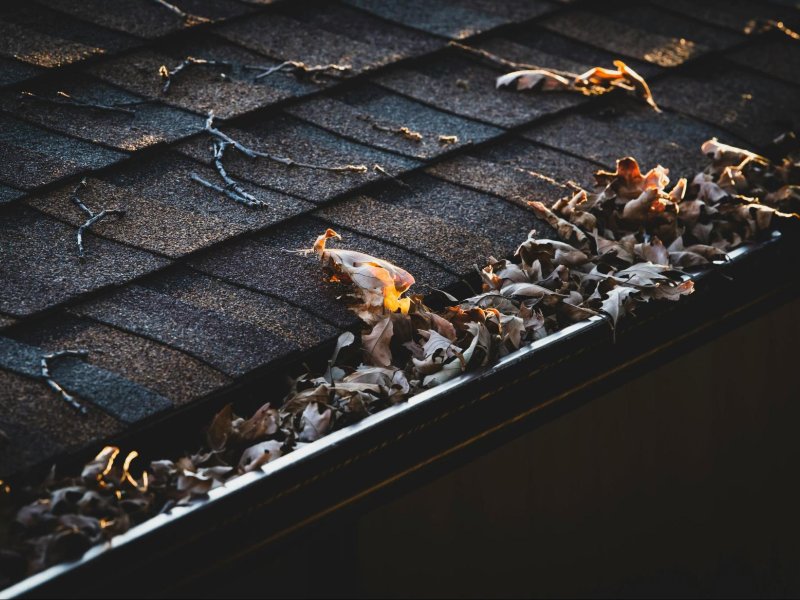Pavers are a beautiful and practical choice for patios, pathways, driveways, and other outdoor spaces. Over time, however, pavers can lose their luster due to exposure to the elements, foot traffic, and various types of grime and stains. Regular paver cleaning is essential for maintaining the beauty, functionality, and longevity of these outdoor surfaces. In this article, we’ll explore why regular paver cleaning is important, the benefits it provides, and tips on how to keep your pavers looking their best.
Enhancing Curb Appeal
One of the main reasons homeowners choose pavers is for their aesthetic appeal. They come in a variety of colors, patterns, and textures, adding charm and elegance to outdoor areas. However, dirt, mold, mildew, and stains can quickly make a paver patio look neglected and unappealing.
According to our friends at Softwash Ranger, regular cleaning keeps pavers looking fresh and vibrant, which can significantly enhance the curb appeal of your property. Whether you plan to entertain guests or simply enjoy a clean outdoor space, maintaining the appearance of your pavers makes your patio, driveway, or walkway feel welcoming and well-kept.
Preventing Long-Term Damage
Pavers are designed to withstand various outdoor elements, but without regular maintenance, they can start to degrade. For example, dirt and debris that accumulate between paver joints can act like sandpaper, wearing down the edges of each paver over time. Stains from oil, grease, or rust can become more difficult to remove if they’re left untreated, leading to discoloration and surface deterioration.
By regularly cleaning your pavers, you prevent the buildup of damaging substances and help protect the integrity of the materials. A quick rinse may work for basic cleaning, but a more thorough cleaning once or twice a year, often using pressure washing or soft washing techniques, can extend the life of your pavers.
Reducing Health Hazards
Outdoor surfaces like paver patios and walkways are exposed to moisture, which can encourage the growth of algae, mold, and mildew. These organisms not only make your pavers look unsightly but can also create a slippery surface, posing a safety hazard.
Regular cleaning reduces the buildup of these slippery substances, keeping your outdoor areas safer for you, your family, and any visitors. For best results, consider a cleaning method that includes an eco-friendly, mold-killing solution that helps prevent regrowth. This step not only helps keep the area safe but also adds a layer of health protection for those with allergies or sensitivities to mold and mildew.
Preserving Color and Appearance
Over time, pavers can become faded due to exposure to sunlight and other outdoor elements. Dirt, stains, and organic growths like moss can obscure the original colors and texture of your pavers, making them look worn and washed out.
Regular cleaning helps preserve the color and appearance of your pavers by removing surface grime, which can help your patio or pathway look as good as new. For even greater preservation, consider applying a paver sealer after cleaning. A good sealant can protect pavers from fading and staining, making future cleanings easier and enhancing the overall look of your outdoor space.
Improving Drainage and Preventing Weed Growth
Weeds and grass can often find their way into the joints between pavers. If left unchecked, they can grow, push pavers apart, and disrupt the structure of your patio or pathway. Regular paver cleaning helps remove seeds and small plant growths before they become more invasive. For thorough prevention, consider cleaning methods that target weed roots and apply joint sand afterward to further deter weed growth.
In addition, paver joints can collect dirt and debris over time, which may affect drainage. Poor drainage can lead to water pooling on your patio, causing long-term water damage. Regular cleaning of paver joints keeps them clear and improves drainage, helping water flow away from your home and preventing any damage to the paver structure.
Cleaning Techniques for Pavers
Now that we’ve covered why regular cleaning is so important, let’s look at some effective methods for keeping your pavers clean.
1. Pressure Washing
Pressure washing is one of the most effective ways to clean pavers, as it can remove tough stains, dirt, and debris quickly. However, it’s essential to use the right pressure setting to avoid damaging the surface of the pavers. Many professionals recommend a pressure level between 500 to 2000 psi, depending on the condition and material of the pavers.
Tip: Always test a small area first to ensure you’re not causing any damage. Keep the nozzle at a safe distance to avoid paver chipping.
2. Soft Washing
Soft washing uses a lower-pressure water spray combined with biodegradable cleaning solutions to remove mold, mildew, and dirt. This method is ideal for pavers that are more delicate or heavily soiled, as it prevents any risk of surface damage. Soft washing is also a great way to prevent mold and mildew regrowth due to the cleaning agents used.
3. Scrubbing with a Paver Cleaning Solution
For smaller patios or particularly stubborn stains, scrubbing pavers with a stiff brush and a specialized cleaning solution can be effective. Choose a paver-safe, eco-friendly cleaner for the best results, and scrub in circular motions to lift away dirt.
Tip: Avoid using harsh chemicals like bleach, as they may cause discoloration or degrade the paver material.
4. Regular Rinsing
A simple rinse with a garden hose regularly can prevent dirt and debris from building up. While rinsing won’t remove deep stains or mildew, it’s a quick and easy way to keep your pavers looking tidy between deep cleans.
Protecting Your Pavers with Sealing
After a thorough cleaning, consider applying a sealer to your pavers. Sealing helps to protect the paver surface from stains, UV damage, and water absorption. It also makes future cleanings easier, as dirt and spills are less likely to penetrate the surface. There are two main types of sealers:
- Film-forming sealers create a glossy surface layer that enhances color and adds a protective barrier.
- Penetrating sealers soak into the paver surface, protecting it from within while preserving a more natural look.
Sealing is generally recommended once a year, depending on the climate and amount of foot traffic. Be sure to follow the manufacturer’s instructions for application and drying times to ensure the best results.
Conclusion
Regular paver cleaning is essential for maintaining the beauty, safety, and longevity of your outdoor spaces. By investing time in routine maintenance, you can prevent long-term damage, enhance curb appeal, and enjoy a safe, attractive patio or pathway. Whether you choose pressure washing, soft washing, or scrubbing by hand, the right cleaning method will depend on the condition and material of your pavers. And, with the added protection of a sealer, you can keep your pavers looking pristine and make future maintenance even easier.






